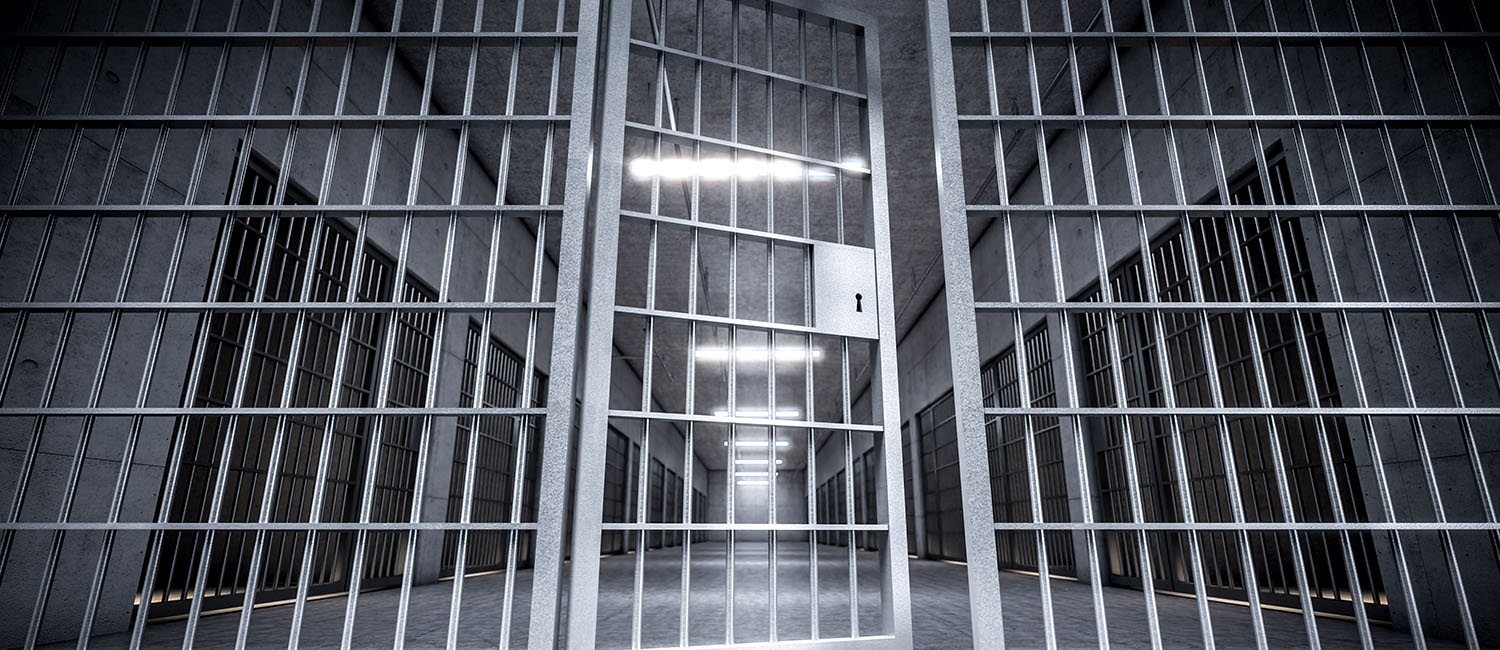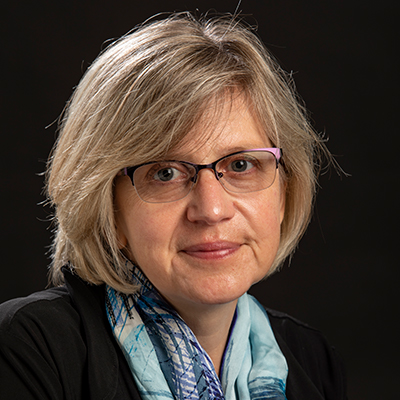
Alternatives to arresting people with mental illness
Research shows that 1 million arrests per year involve people with serious mental illness, often on misdemeanor criminal charges. And, once arrested, people with serious mental illness are upward of 50% more likely to receive jail time than others after being arrested for a misdemeanor.

In jail, their mental health conditions often worsen. Amy Watson, a former probation officer who is a professor of social work in the Helen Bader School of Social Welfare, is looking for a better way to address the problem by studying misdemeanor arrests of people with serious mental illness in Atlanta, Chicago, New York and Philadelphia.
“When police arrest somebody for criminal trespass,” Watson says, referring to a misdemeanor charge commonly filed against people with serious mental illness, “they’re trying to solve some type of problem. Unfortunately, they don’t have that many options.”
And, Watson notes, police officers are not mental health providers, who would be a better choice to serve as a first responder in many situations.
The study’s funding, provided by the National Science Foundation, runs from 2019 to 2021. The research used datasets to identify battery, criminal trespass, petty theft and disorderly conduct as the misdemeanor charges that appear most overrepresented among people with serious mental illness. Researchers are now conducting focus groups in each city with police officers and others to gain an in-depth understanding of how those charges are used.
Backed by this information, the goal is to create an explanatory theory about using misdemeanor charges for people with mental illness. This will lay the foundation for conducting more definitive research and developing policies and programs to help keep people who don’t pose a major criminal threat out of jail.
“The better we understand the context and decision making around these charges, the better prepared we will be to design alternatives that do not pull people further into the criminal legal system.”